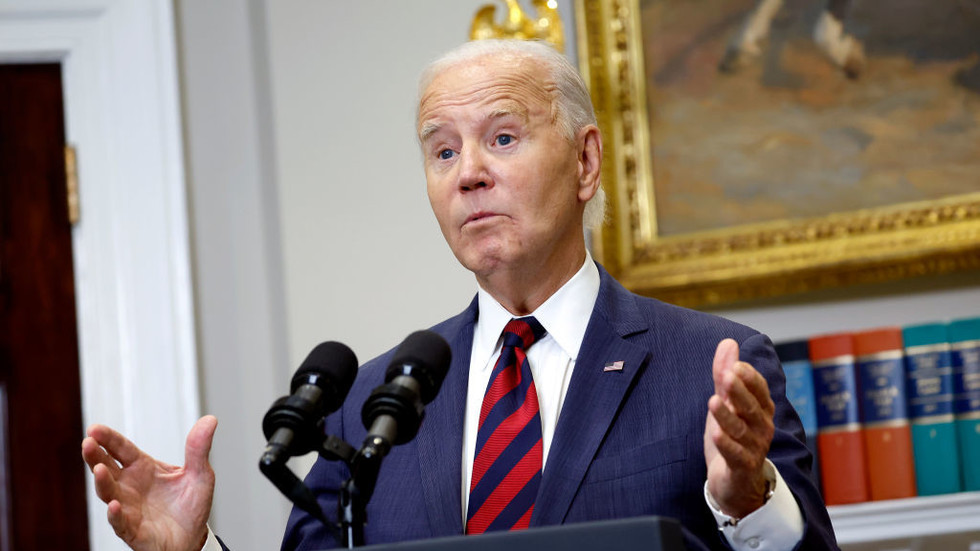Bob Woodward’s upcoming book, “War,” delves into the tense dynamics between U.S. President Joe Biden and various world leaders, particularly focusing on his interactions with Israeli Prime Minister Benjamin Netanyahu. Set against the backdrop of the ongoing conflicts in Ukraine and Gaza, Woodward presents a candid, if colorful, portrayal of Biden’s more private, uncensored language during these discussions. While public statements from the White House emphasize a united front and productive dialogues with Netanyahu, the book describes a very different reality, where Biden’s frustrations with the Israeli leader often boil over into expletive-laden tirades. This juxtaposition raises questions about Biden’s diplomatic approach and the underlying tensions in U.S.-Israeli relations.
In the aftermath of Hamas’s attacks on Israel on October 7, 2023, Biden’s support for Israel remains publicly unwavering, yet behind closed doors, his criticisms of Netanyahu are stark and unfiltered. Woodward recounts instances where Biden reportedly chastised Netanyahu for lacking a coherent strategy, warning him that Israel risks being viewed as a “rogue state.” Moreover, Biden expressed disbelief at Netanyahu’s sustained leadership, suggesting that there ought to be significant domestic pressure to remove him from power. The behind-the-scenes frustration highlights a disconnect between Biden’s public support for Israel and his private concerns regarding its leadership.
Woodward also details Biden’s sharp rhetoric directed at various political figures. In a private conversation, Biden referred to Netanyahu using derogatory language, labeling him as a “son of a bitch” and indicating that Netanyahu prioritizes his interests over Israel’s national security. Furthermore, Biden’s blunt assessments include intense criticisms of other political figures, such as former President Donald Trump—whom he described with crude language—as well as evaluating the foreign policy failures of Barack Obama regarding Russia. Biden’s language illustrates a candid, often harsh critique of both allies and adversaries, marking a significant departure from the diplomatic decorum typically expected from a sitting president.
The candid insights provided by Woodward’s book paint a picture of a leader grappling with the pressures of international diplomacy while often succumbing to frustration. Biden’s colorful language about global leaders, including Putin, underscores a more personal view of international politics, where significant emotional responses shape his opinions. His remarks about Putin, labeling him “the epitome of evil,” signify not only Biden’s direct approach toward adversaries but also reflect the ongoing geopolitical tensions. Such public characterizations may attract criticism for being unbecoming of a global leader, yet they reveal a raw honesty in Biden’s perspective.
In response to the excerpts from Woodward’s book, the White House has maintained a stance of solidarity with Israel, declaring the bond to be “ironclad.” Senior Deputy Press Secretary Emilie Simons emphasized the “honest and direct relationship” between Biden and Netanyahu, downplaying the significance of the vulgar remarks attributed to Biden. This statement exemplifies the administration’s commitment to presenting a united front publicly while navigating the complex, often contentious realities of foreign relations in private.
Overall, “War” by Bob Woodward provides an unvarnished glimpse into President Biden’s frank discussions with world leaders, specifically Netanyahu. The dichotomy between Biden’s public statements and private frustrations raises meaningful questions about diplomacy’s effectiveness and the nature of leadership in the complex landscape of international relations. As the book’s release approaches, it remains to be seen how these revelations will impact perceptions of Biden’s leadership and diplomatic strategy, particularly in relation to the U.S.-Israel alliance and broader global challenges.

